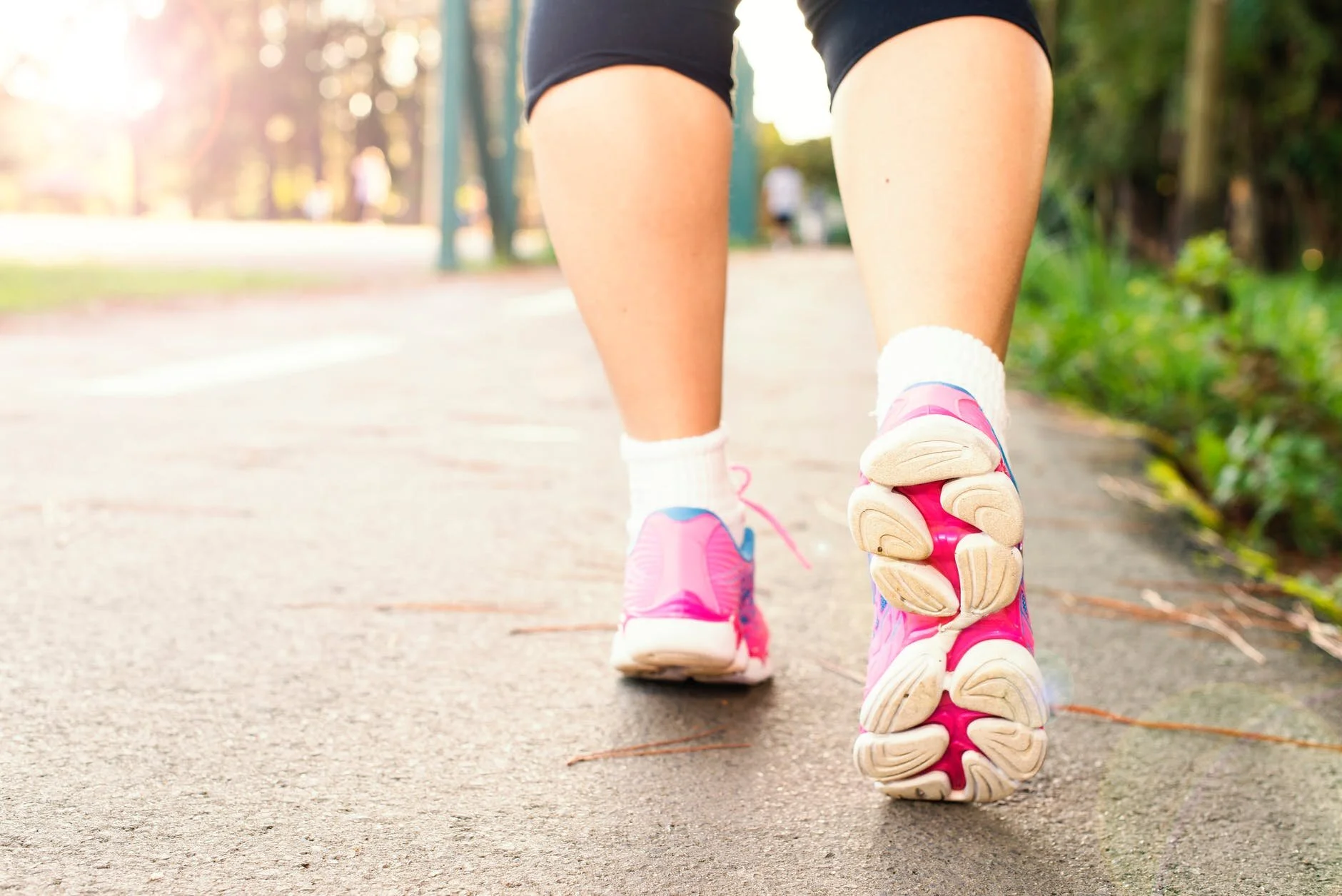Two Important Studies About Counseling + Exercise
Here at POD HEALTH we see mental and physical health as two peas in a pod. And, these two really do go hand in hand. In the proper combination they add up to improved vitality. Living better. I’d like to point out two important scientific studies that support our views about counseling + exercise.
Study 1: Exercise as a Viable Treatment for Depression
Knubben, K., Reischies, F. M., Adli, M., Schlattmann, P., Bauer, M., & Dimeo, F. (2007). A randomised, controlled study on the effects of a short-term endurance training programme in patients with major depression. British journal of sports medicine, 41(1), 29–33.
This study is available on google scholar if you would like to read it for yourself!
This first study focuses in on depression. Knubben and colleagues found that depression scores significantly improved in as little as 10 days of walking on a treadmill for about 30 minutes. In this study, participants who were diagnosed with depression, alternated for a total of 30 minutes walking briskly for 3 minutes and walking at half speed for 3 minutes. The target heart rate was 80% of the max heart rate (HR max= 220-age).
Walking is an excellent antidepressant. And, it comes with much fewer side effects! This first study shows that it walking also improves depression symptoms faster than medications. Do not overlook walking as a key piece of living with vitality! Other research has added that walking outdoors in nature provides additional anti-depressant effects.
Study 2: Exercise Can Help Improve the Counseling Process
The next study I would like to bring up here is in regards to how exercise can enhance the counseling process. And you can also find it on google scholar for free.
Suwabe K, et al. (2018) Rapid stimulation of human dentate gyrus function with acute mild exercise. Proc Natl Acad Sci USA 115:10487–10492.
This study found that a 10 minute, very light intensity bout of exercise increased brain functioning. Specifically it affects the hippocampus which plays a major role in memory organization and memory processing. This has a significant impact on what we call “declarative memory” or the ability to remember the facts and events of every day life (this study was updated by Gronwald and his colleagues in 2018. They suggested a “brisk walk” to have clients reach the “light” intensity level of exercise).
Increased functioning in this type of memory enhances the counseling process in two ways. One, it helps the client more efficiently reprocesses memories. Secondly, the cognitive, emotional, and behavioral interventions used in the counseling session are more readily remembered by the client after a session. Thus, allowing change to happen more quickly throughout the counseling journey.
Yes, great things happen in the counseling office. That may be biased, me being a therapist and all, but more importantly, clients must be able to translate what happens in the counseling room out into their every day lives. Exercise is able to help with that.
What Do You Need From Your Body?
These two studies point to the significant benefits of brief, light exercise.
One thing I struggled with previously was a poor understanding of just how much exercise was optimal for what I needed my body to do. I grew up playing sports and finished my “official” sports career in college. Because of this high intensity athletic background, all I knew was exercising at as high of an intensity level as possible. Heavy weights, lots of running. Pushing myself extremely hard. That was what I needed from my body at that time. “Peak performance” had a different meaning back then.
I don’t need the same thing from my body now, and it took me a long time to understand this and to think more flexibly about exercise. This led to some unhelpful beliefs about exercise (and quite frankly some negative self-talk). These studies helped me realize that I can be healthy and have a different mindset about exercise.
It really comes down to this question: What do you need your body to do?
I no longer need my body to withstand the physicality of college football. Right now, I just need my body to feel pliable and support my lifestyle without pain. I also need it to assist with my mental health.
This mental flexibility has now allowed me to view a 12 minute brisk walk as a usable type of exercise, when before I would have looked down on that or not even viewed it as exercise. The reality is, a 12 minute brisk walk is a phenomenal exercise. And, one that can be easily incorporated into my much busier adulthood schedule.
You don’t have to go get a gym membership and become a heavy weight lifter or become a marathon runner to be healthy mentally and physically. Its really about coming to an understanding about what you need from your body and having a more flexible mindset about exercise. One that lends itself to improved mental health.
If you liked this check out POD HEALTH for more!
Until next time,
LIVE BETTER!


